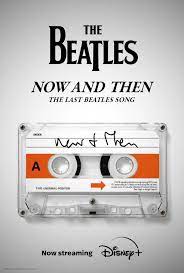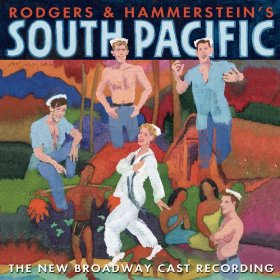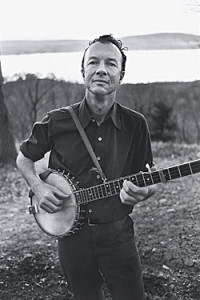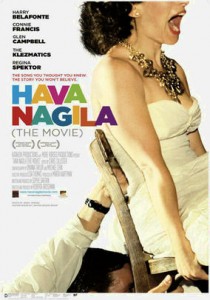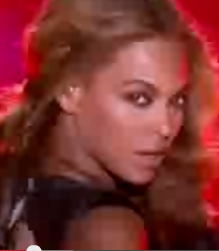In workshops I gave this fall in Vietnam on the use of AI in language learning, one of the topics we discussed was the change in English language use brought about through the AI frenzy of 2023. I used as an example a Doonesbury cartoon that highlighted the shift from the career benefits of being a “creative” to the now more lucrative role of becoming a “promptive,” i.e., doing prompt engineering. Traditional careers as lawyers and artists are presented as going away (replaced respectively by ChatGPT and Midjourney), leading to the need to find a “side hustle.” “AI” itself was named the most notable word of 2023 by Collins dictionary. Lots of other AI terms have entered this year into everyday language in English including “machine learning” and “large language model.” “Prompt” is now inevitably tied to AI use.
Language change happens in myriad ways, one being through technological and societal change, another through demographic shifts. That is illustrated in a recent article in the New York Times on changes to French through new uses of the language in the growing number of French speakers in West and central Africa:
More than 60 percent of those who speak French daily now live in Africa, and 80 percent of children studying in French are in Africa. There are as many French speakers in Kinshasa, the capital of the Democratic Republic of Congo, as in Paris. Through social media platforms like TikTok and YouTube, they are literally spreading the word, reshaping the French language from African countries, like Ivory Coast, that were once colonized by France.
The article chronicles how young people in Africa have adapted French creatively in entertainment and the arts. One rapper comments, “We’ve tried to rap in pure French, but nobody was listening to us,” so language used in rapping is adjusted to the social realities of local life. An example of an African neologism having gained wide use is the verb “enjailler” to mean “having fun,” a word originally used in the Côte d’Ivoire in the context of jumping off and on buses in Abidjan. Traditional words have been given new meanings:
In Abidjan this year, people began to call a boyfriend “mon pain” — French for “my bread.” Improvisations soon proliferated: “pain choco” is a cute boyfriend. A sugary bread, a sweet one. A bread just out of the oven is a hot partner.
Interestingly, this development comes at a time when the influence of France in Africa has declined. Some countries have evicted French ambassadors and troops and French has lost its official status in several countries (Mali, Burkina Faso). This demonstrates that language change has a dynamic of its own, often unpredictable and not controllable by political policies or government dictates.

